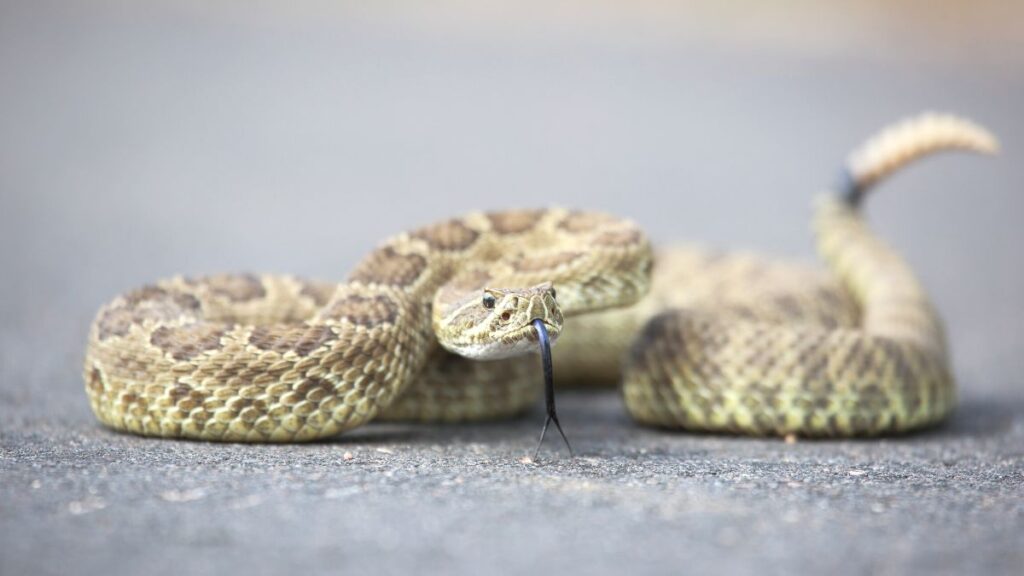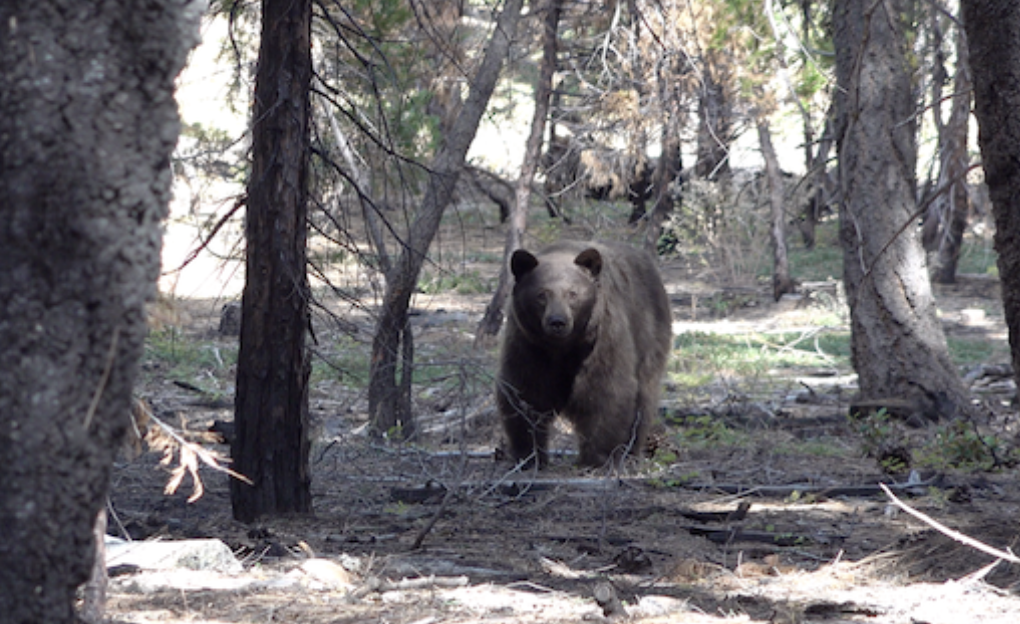While getting out on the water and rock climbing are fun activities millions of people enjoy, camping enables us to immerse ourselves in nature even further, escape the trials and tribulations of everyday life, and explore a wonderful landscape in more detail. For many, camping is the perfect escape, although it does have its dangers.
One notable danger, depending on where you are in the world, is the variety of wild animals that you’ll be temporarily living alongside. Camping is a fun and safe activity on the whole, but it can be unpredictable, particularly if a wild bear or a hungry wolf is lurking. Thankfully, there are a number of ways we can protect ourselves while camping, with keen campers sharing various tips people can use to protect themselves from certain animals. Let’s take a look at some of them below.
Bears
One of the most common types of animals that can interrupt a camping adventure, bears can be extremely dangerous. Many people use bear spray, a specific aerosol spray bear deterrent that does the job. If you’re embarking on a hiking adventure, though, then coming across bears can be a regular occurrence. It’s important to talk calmly should you see one, while slowly waving your arms above your head is another thing that could scare them off. It’s vitally important not to make any loud noises, perhaps a scream or even a sudden movement that could trigger something falling. Additionally, many people have said that making yourself appear as large as possible can help, although nothing will save you if you come between a mother bear and her cubs. In the same way we’re protective over our children, mother bears are too. If a mother bear charges at you, bear spray can come in handy or even playing dead.
Wolves
The same wolves that are seen in movies like Never Cry Wolf and games like Wolf Gold occupy many popular camping areas. Thankfully, despite many people associating wolves with gruesome attacks, wolf attacks on humans are actually the rarest of predator attacks. Still, despite this, there are some precautions you should take to avoid any tricky scenarios with a wolf. For example, make sure you control the food in your camp and don’t leave any tempting ingredients lying around. Likewise, wolves can behave like dogs, making it important that campers hide any leather shoes or hang any jackets high up off the ground. If a wolf enters your camp, stay calm, don’t run, stand up straight, and back away slowly while maintaining eye contact.
Snakes

An animal that has a habit of gatecrashing camping trips, snakes commonly enter camps and tents and can cause a great deal of harm and distress in the process. Depending on where you are in the world, guarding against snakes while camping is hugely important. In fact, it could save your life, particularly if you’re in a remote location and don’t have access to any anti-venom. Should you encounter a snake, maintain a safe distance while backing away slowly. It’s important to avoid any sudden movements. To avoid snake encounters in the first place, always check your surroundings and move any rocks or logs before frequenting a space.
Deer
Although deer are largely harmless and tend to run away from us humans, they have been known to charge in the past. These seemingly docile animals have an aggressive side that nobody would want to be on the end of. Should a deer charge at you, running away is a good option. If you can’t escape, then playing dead should do the job.

